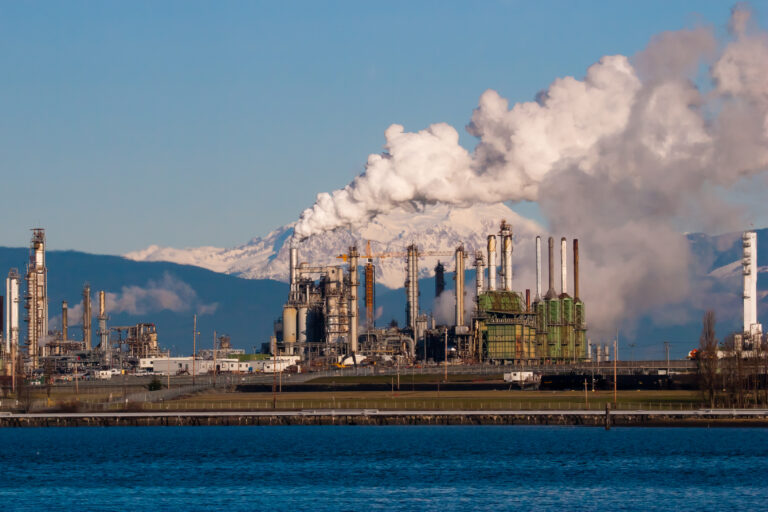Waterkeeper Alliance Responds to West Virginia v. EPA
By: Waterkeeper Alliance

“This ruling is a gift to polluters and will pose a major threat to clean water.”
The decision issued today by the U.S. Supreme Court in West Virginia v. EPA is a major setback that will severely limit the United States’ ability to appropriately respond to devastating impacts to our climate, waterways, and communities. Scientific evidence has shown that a failure to curb greenhouse gas emissions will exacerbate catastrophic floods, intense storms, and severe droughts that contribute to rising threats to water availability, access, and security. Climate vulnerable, Indigenous, and underserved communities disproportionately bear the brunt of these impacts that result from long-standing federal policies or inaction that have favored industry over public interest.
The case involved the interpretation of the federal Clean Air Act, and whether the U.S. Environmental Protection Agency (EPA) is authorized under that 1970 statute to issue rules and standards of performance that could decarbonize sectors of the economy.
As Justice Elena Kagan wrote in the dissent, “the Court strips the Environmental Protection Agency (EPA) of the power Congress gave it to respond to “the most pressing environmental challenge of our time.” She further stated that “whatever else this Court may know about, it does not have a clue about how to address climate change…the stakes here are high. Yet the Court today prevents congressionally authorized agency action to curb power plants’ greenhouse gas emissions. The Court appoints itself—instead of Congress or the expert agency—the decision maker on climate policy. I cannot think of many things more frightening.”
The majority held under its newly announced “major questions” doctrine that federal agencies lack the authority to address significant issues, including actual emergencies where the need for government action may be most vital, unless Congress has clearly delegated to them the power to do so in a statute. The majority then ignored the actual text of the Clean Air Act, which makes clear that Congress did indeed delegate authority to EPA to broadly regulate greenhouse gasses from power plants.
Statement from Waterkeeper Alliance Chief Executive Officer Marc Yaggi:
“The U.S. Supreme Court has once again overreached and gutted the federal government’s ability to address the climate emergency, our most urgent global challenge. This ruling is a gift to polluters and will pose a major threat to clean water. The majority’s new major questions doctrine handcuffs the federal government’s ability to respond to emergencies that weren’t specifically contemplated at the time statutes are passed. The idea that our current dysfunctional Congress might be expected to more directly authorize EPA to broadly “tackle” the climate emergency is absurd. This sets a dangerous precedent not just for EPA and our climate, but for all agencies and future emergencies.”
Statement from Waterkeeper Alliance General Counsel Daniel E. Estrin:
“There wasn’t even a ‘live’ dispute for the Court to resolve in this case. Typically, the Court avoids ruling on such ‘academic’ questions since they don’t present a live ‘case or controversy’ that requires judicial resolution. That the Court nonetheless ruled here leaves a strong impression that the majority bent over backwards to impose their own ideological policy preferences on our nation and the world. This ruling will, no doubt, further erode the Court’s credibility with the public.”